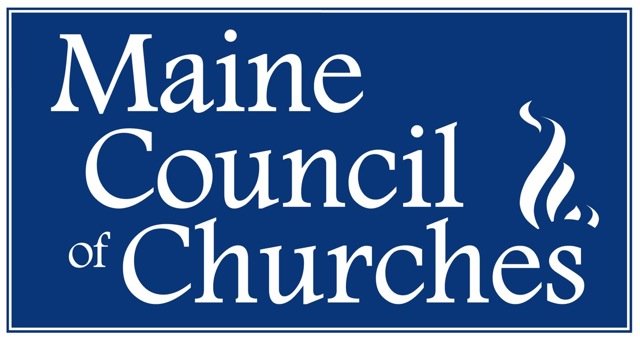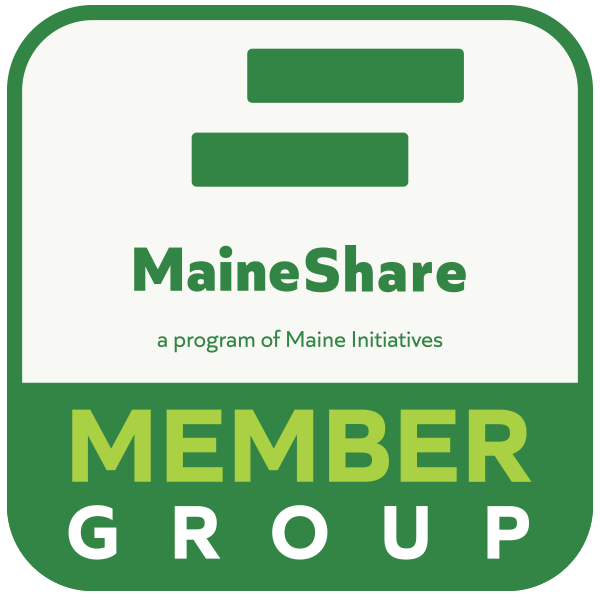Religious Community Responds to General Assistance Ballot Initiative

AUGUSTA – Members of Maine’s religious community reacted Sept. 23 with deep concern to a proposed ballot initiative that threatens the safety and well-being of low-income Mainers and masks the underlying economic issues that cause poverty in our state.
“The answer to these issues is public discourse and constructive policies, in our Maine tradition, and not a willingness to scapegoat the very people who need our support,” said Suzanne Lafreniere, Director of Public Policy for the Roman Catholic Diocese of Portland and Chair of the Public Policy Committee of the Maine Council of Churches.
“The Maine way has always been to offer assistance to families in need,” said Rev. Allen Ewing-Merrill, United Methodist pastor and vice-president of the Maine Council of Churches, which represents nine denominations and over 600 churches in the state. “We believe that loving our neighbor does not mean walking away when they need help, but stepping up and stepping in.”
“One in five children in Maine lives in poverty. Many seniors don’t have enough food to eat and struggle to remain in their homes. Our veterans too often struggle with the long-term effects of trauma, and we cannot turn our backs on any of them,” Ewing-Merrill said. “The promise of America is that we can, working together, create better opportunities for ourselves and our children. Now is not the time to divide; it is time to unite and build the Maine we know we can be.”
“The Christian and Hebrew Scriptures remind us that one of the roles and responsibilities of any government is to care for the most vulnerable,” said Ewing-Merrill. “Our churches and community groups are always willing to work together to respond to needs, but we can’t do it alone. Now is the time to enact policies that help our most vulnerable neighbors — the least of these, as Jesus names them — policies that strengthen families and neighborhoods and our state.”
